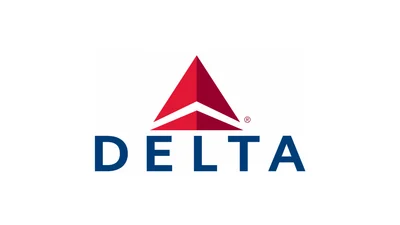Boeing’s 737 keeps a more traditional setup with a control column or yoke, maintaining what many describe as a more direct flying experience. Although newer generations of the 737 include more automation and aerodynamic improvements, Boeing has kept its established handling style.
Both companies have updated their planes to improve fuel efficiency. The Airbus A320neo uses new engines—either CFM LEAP or Pratt & Whitney GTF—and aerodynamic enhancements like sharklets to cut fuel burn by about 15–20 percent per seat compared to earlier models. Boeing’s response was the 737 MAX series, which also features larger LEAP-1B engines and other refinements aimed at matching Airbus’s gains in efficiency.
When airlines choose between these families, they consider factors such as purchase price, fleet compatibility, maintenance support, and route requirements. The A321neo stands out for carriers seeking greater range and capacity in single-aisle operations, while Boeing’s MAX series offers competitive economics for both budget-focused and full-service airlines.
For passengers, differences are less pronounced. While cabin width varies slightly between models—Airbus offering a marginally wider cabin—the overall comfort depends largely on each airline’s choices regarding seating layout and amenities rather than on the aircraft itself.
In terms of safety and performance records, both aircraft types operate thousands of flights daily under global regulatory oversight. The A320neo family has accumulated millions of operational hours since introduction with notable reductions in fuel use and noise levels. The Boeing 737 remains one of aviation’s most produced models with a long service history.
Looking ahead, neither manufacturer has announced an immediate replacement for their current narrowbody lines. Airbus is studying advanced propulsion options such as open-fan engines for future development projects; Boeing continues refining existing designs while researching further advances in aerodynamics and propulsion systems.
According to industry observers: "Put simply: Airbus delivers a modern cockpit philosophy with efficient engines and a slightly wider cabin, while Boeing emphasizes traditional control feel backed by decades of heritage and incremental efficiency gains." They add that for airlines and pilots “the choice is strategic,” influenced by costs and operational needs; for passengers “the difference often comes down to seat width, cabin layout, and the quality of service offered by the airline.” Both families continue to be central players in commercial aviation today.
 Alerts Sign-up
Alerts Sign-up





































